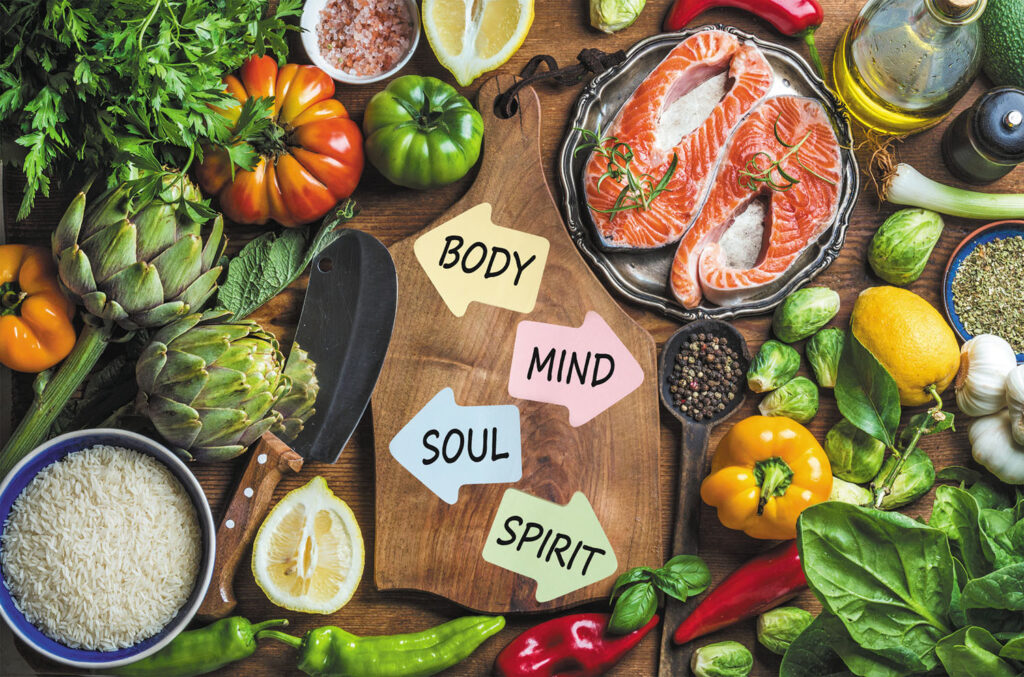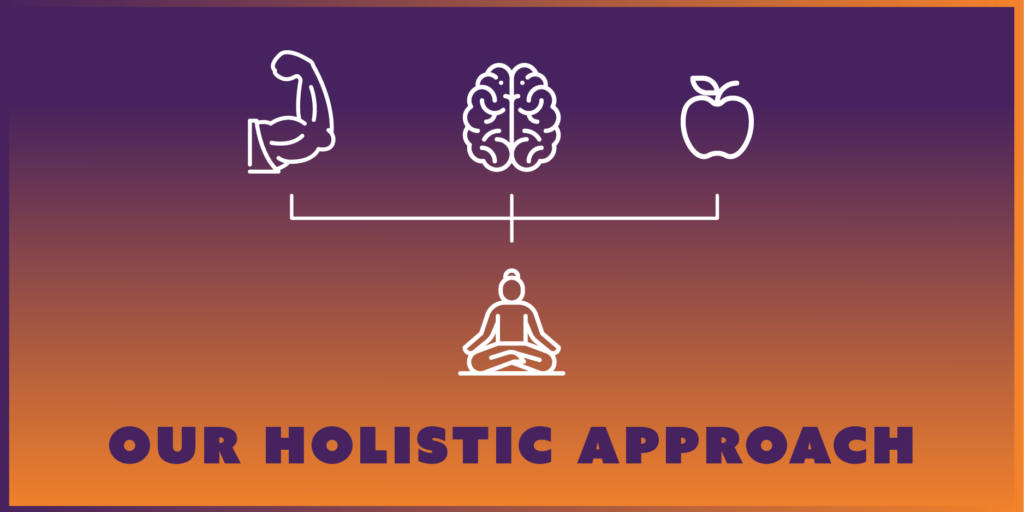In a world where fitness trends dominate social media, the struggle with weight gain remains a common and often silent battle for many. As we navigate the complexities of modern life, various factors contribute to the scale tipping in an undesirable direction. The holidays are a time for indulgence, and while that extra slice of pie might not seem like a big deal, it can contribute to the dreaded holiday weight gain. But what if you’re putting on pounds even outside of the festive season? The truth is, weight gain can be caused by a multitude of factors, some of which might surprise you.
Embarking on a journey to understand weight gain is like navigating a maze of conflicting information. It’s essential to address this issue not only for aesthetic reasons but, more importantly, for the well-being of both body and mind. So, why do we find ourselves gaining weight despite our best efforts? Let’s unravel the mysteries behind those extra pounds.

1.Calories In, Calories Out: The Unbalanced Equation
Weight gain occurs when you consistently consume more calories than you burn, as the age-old saying goes. However, this straightforward equation can be disrupted due to various factors. Have you recently transitioned to a more sedentary occupation? It’s possible that portion sizes have gradually increased without your awareness. Maybe you find yourself indulging in post-workout lattes and celebratory dessert nights more often than you care to acknowledge. Regardless of the cause, an excess of calories leads to the storage of surplus energy as fat.

2.The Hormonal Rollercoaster: When Your Chemistry Is Out of Whack
The human body operates like a complex set of gears, with hormones acting as the crucial regulators of metabolism and hunger. Any disruption to these intricate systems can result in weight gain. For instance, stress causes an increase in cortisol levels, a hormone that encourages the storage of fat, especially in the abdominal area. Lack of sleep also interferes with the hormones leptin and ghrelin, which control feelings of fullness and hunger, leading to more intense cravings and overeating. Additionally, hormonal changes during pregnancy, menopause, and specific medical conditions can further impact body weight

3.The Sneaky Sugars: The Sweet Seduction that Sabotages Health
Sugar, the omnipresent component in processed edibles and drinks, is the ultimate deceiver. It provides a sudden surge of vitality, only to be followed by a sudden drop, leaving you yearning for more. This pattern disrupts your blood sugar levels and insulin reaction, ultimately encouraging the accumulation of fat, particularly in the abdominal region. Sugary beverages are the primary culprits, as their caloric content in liquid form often goes unnoticed but delivers a substantial blow. Therefore, abandon the consumption of soda and fruit juices, and instead, embrace the innate sweetness of whole fruits and vegetables.

4.The Hidden Culprits: Medications and Medical Condition
Weight gain can sometimes be beyond our control. Certain medications, such as steroids and certain antidepressants, can cause weight gain as a side effect. Additionally, medical conditions like hypothyroidism, polycystic ovary syndrome, and certain cancers can impact metabolism and result in weight gain. If you suspect that there may be an underlying medical condition, it is important to consult with your doctor for proper evaluation and guidance.

5.The Mind Game: When Emotions Dictate Food Choices
Food serves a purpose beyond mere sustenance; it frequently acts as a means of solace and emotional support. Feelings of stress, anxiety, and even monotony can instigate a tendency to indulge in emotional eating, causing us to gravitate towards unhealthy food choices that offer momentary relief but ultimately contribute to weight gain. The crucial step towards making conscious decisions about our food intake and breaking free from the cycle of emotional eating lies in identifying and effectively managing the triggers that evoke our emotions.

Beyond the Weight: A Holistic Approach to Wellbeing
Weight gain is seldom a solitary occurrence. It frequently involves a multifaceted interplay of various factors. Rather than fixating solely on the numerical value displayed on the weighing scale, it is advisable to adopt a comprehensive approach towards one’s well-being. Give precedence to consuming whole, unprocessed foods, engage in regular physical activity, prioritize sufficient sleep and effective stress management, and practice self-compassion. In case you require assistance, do not hesitate to seek personalized guidance from a registered dietitian or healthcare expert.
The path towards achieving a healthier version of oneself does not involve hasty solutions or trendy dieting methods. Instead, it entails the establishment of enduring habits, attentiveness to one’s body, and treating it with utmost regard. Therefore, pause for a moment, release any feelings of guilt, and commence an expedition of self-exploration and self-awareness. Always bear in mind that good health is not a final endpoint to reach; rather, it is an ongoing voyage that is worth embarking upon, one delectable morsel and mindful stride at a time.

Share this content:

